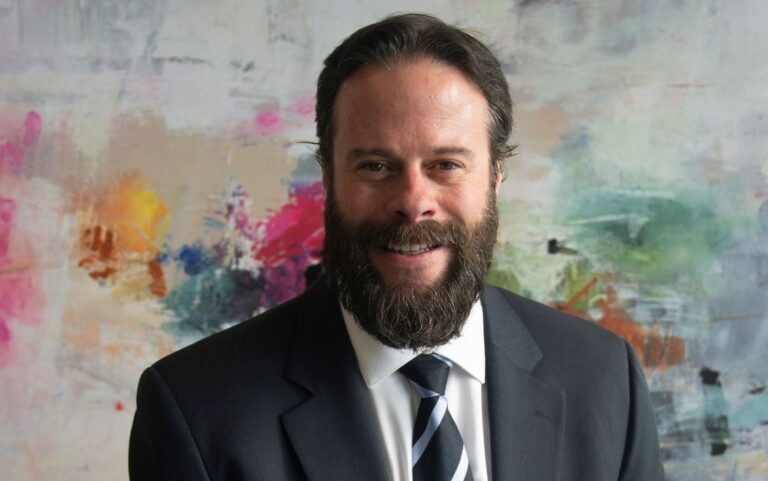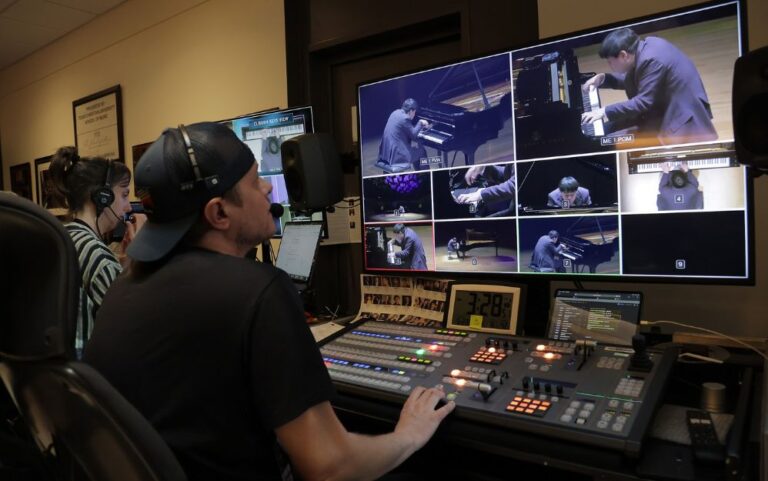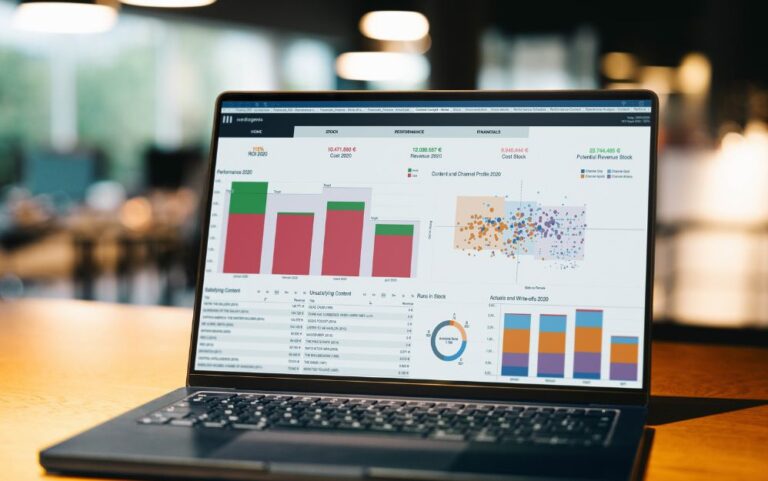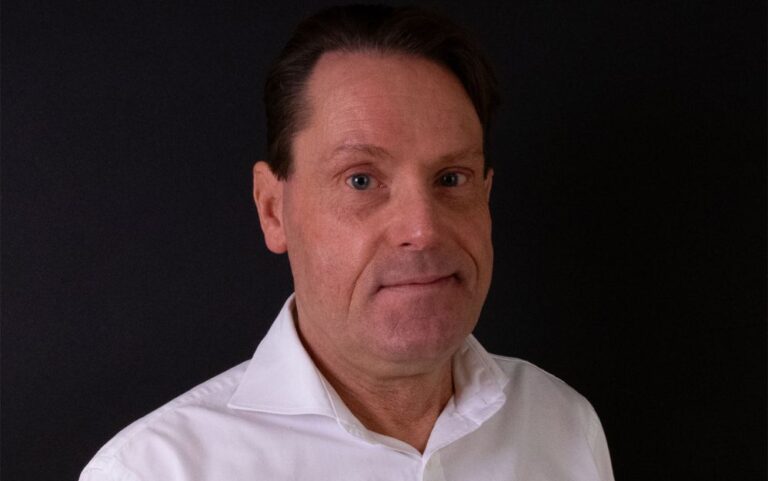U.S. HISPANIC
Bollywood willing in making shorter movies and brands in need of data about alpha generation are among Sociograph new clients
Maribel Ramos-Weiner| 9 de junio de 2021

Elena Martín de Sociograph
Bollywood production companies in India that want to know where to cut their films to enter the Spanish market, or brands that seek behavioral research about alpha and Z generation, are among the new clients that Sociograph won during this pandemic, according to its founder Elena Martín in #PRODUprimetime with Ríchard Izarra.
BOLLYWOOD IN SPAIN
“A very curious case is Bollywood; their cinema format is super long, and they asked us to find out where to cut their movies because they want to take that content to Spain. You cannot show such a long film here, because we are not used to it. We had to choose a diaspora audience from that country but who lived in Spain. You have to select the sample very well and, although we all behave in a common way, each case is different, you have to study it in the country or on the chosen target”. said Elena, who created the company in Spain in 2013 to conduct market and audience behavior research using the latest neuroscience technologies. They also have offices in Mexico.
ALPHA AND Z
“Now the brands are very focused on the Z and the alpha public, which are the children at home who already interact in an impressive way; they are requesting to study them. Before they used to ask us for data on baby boomers or millennials, but now they want to get to know these new consumers,” she said. Generation Z comprises those born between 1995 and 2015. Generation Alpha are those born after 2010, the millennials’ offspring.
MARKETING SCIENCE
In addition to the growing number of clients, she explained that they have expanded their research methods. “The audience is very complex to study; we started doing neuroscience that is based on technologies that help us understand how our brain works, how we get excited regarding a content because a content that does not excite, does not exist; if it does not mobilize us inside, it will not connect with us. On the other hand, we have traditional research, such as qualitative surveys, or screening to a group of small friends or several spectators to know their feedback. We are expanding all this with more scientific data. Now it is called marketing science, which is a new leap in research, incorporating big data, maximizing learning, in addition to neuroscience and traditional research. In the end, it is about having a lot of data to know how our content works with the viewer, also without being invasive. All the studies we do are in real environments, in cinemas, in projection rooms; Spain is trying to return to normality”.
ELECTRODE BRACELETS
“Before broadcasting content, the clients ask us to investigate. We make a projection in a room where we place a group of people -who are usually between 200 to 400-, and we put on them a bracelet, a device that goes on their arm and that is connected to two electrodes on the fingers. What these electrodes do is register the electricity on the skin, and based on that, we know the level of attention and the emotion that the spectators are experiencing; this technology is unique, (we also apply facial recognition with a camera, questionnaires, and others) because is in the group, because we measure what this content is generating to everyone at the same time. What we are interested in is knowing the reaction caused by our series, our film and, with all this data, knowing which characters and plots work best, which are the ideal moments to develop a trailer, a promotion, get the most out of our content to help in marketing and promotion strategies, and above all, the strategy of how we are going to position that content, what is the most interesting for customers.”
CHANGES
“The way we interact with content has changed; now we consume much more, therefore, we are becoming more demanding. Before we had less time because we lived more outside, but now being at home has made us spend more time on the screens. We are more critical about the content, we want more and of better quality. We also study how we behave with new platforms. We have done very interesting research on how viewers’ reaction changes if they watch a series on television, on a mobile phone or on a tablet, that is, we study not only the types of content but the platforms they use. How we consume now is changing absolutely everything.”
She assured that their average of success is very high: more than 95%.
Watch the complete interview here















